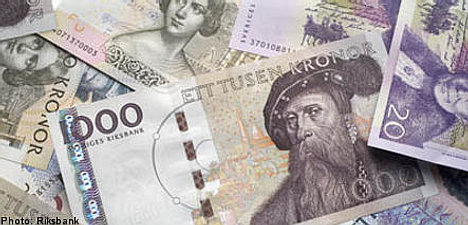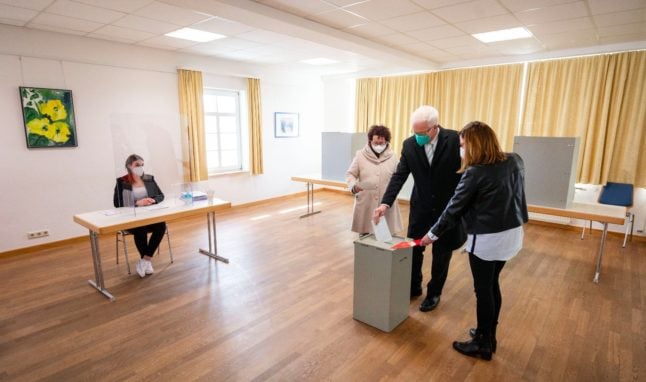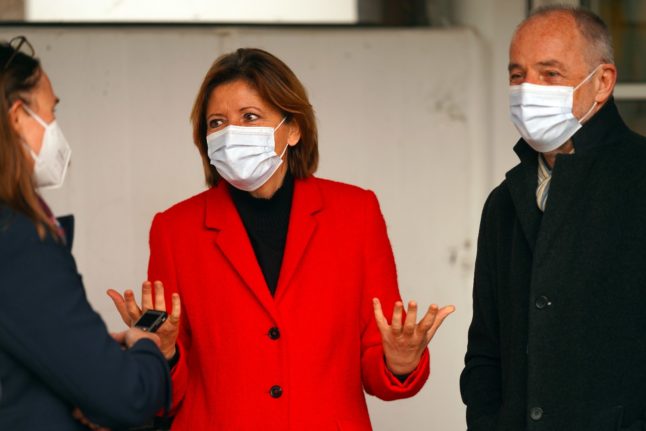If the bonus were shared equally between the 75 employees at Swedish software company Monitor Industriutveckling in Hudiksvall, each individual would receive an average of 200,000 kronor.
However, the company decided instead on letting employees determine the bonus amount each person would receive by ballot, Dagens Industri (DI) reported on Friday.
The company’s employees voted on the bonus on Thursday, the report said. Colleagues voted anonymously by slipping their choices in an envelope and placing it in a box.
Each colleague was evaluated on a scale from 1 to 5.
The company has posted positive results and forecasts a profit of 90 million to 100 million kronor this year.
When asked what the union thought of the company’s plan, owner Åke Persson laughed and told DI, “We haven’t heard of anything like this as long as I can remember.”
Monitor was founded in 1974 and develops, sells and markets its own Monitor business system. It specialises in materials and production management, as well as orders, inventory and billing.
Attempts by The Local to reach the company on Friday were unsuccessful.




 Please whitelist us to continue reading.
Please whitelist us to continue reading.
Member comments